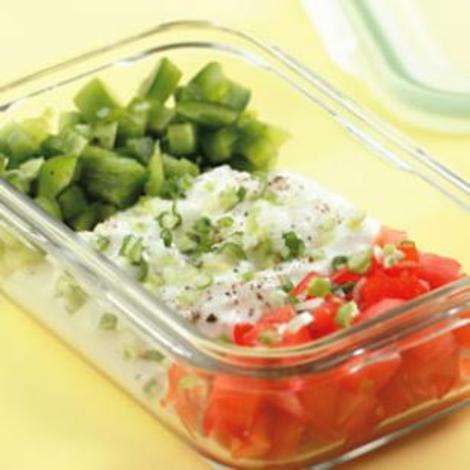Snacking Mistakes that Can Wreck Your Diet

By Lisa D'Agrosa, M.S., R.D., EatingWell Magazine
I am a bona fide snack lover. I always have snacks in my desk drawer at work, a piece of fruit in my purse and a bag of almonds in my car. Smart snacking-choosing healthy foods in portions of 200 calories or less if you're trying to lose or maintain weight-can provide instant hunger relief and be a great way to add nutrients to your diet. The right choices can help fill you up for fewer calories and power you through the day.
But poor snacking habits can cause you to eat too many calories and do a number on your waistline. Americans now consume on average more than two snacks a day and a recent study found that snacking may make up one-fourth of our daily calories. Here are four easy solutions to common snacking mistakes:
1. You Nosh on Empty Calories.
Chips, candies, cookies are devoid of nutrients, don't fill you up and may have you reaching for more food sooner than you hoped.
Solution: Choose snacks that pair protein with carbohydrates, such as almonds with an orange, or roasted chickpeas, which are a good natural mix of carbs and protein. Chickpeas are also high in fiber, which research suggests may help prevent weight gain and even may help you lose weight. Carbs and protein are a good pairing because carbohydrates provide your body and brain with energy, and protein-rich foods keep you feeling full longer because they break down more slowly in the body.
Don't Miss: Protein-Packed Snack Recipes
2. You Eat a Morning Snack.
A 2011 Journal of the American Dietetic Association study found that dieters who didn't snack between breakfast and lunch lost nearly 5 percent more weight (an average of 7.5 more pounds) over a year than morning snackers. Since breakfast and lunch can be only a few hours apart, researchers suspect that most a.m. snacks are fueled out of habit rather than hunger-and generally amount to mindless eating.
Solution: Forgo the morning snack, unless you have to go more than four hours until lunch.
Related: 24 Breakfasts That Keep You Full Until Lunchtime
3. You Skip Snacks Altogether.
If you go too long between meals, you might be more prone to feast on high-calorie foods when you do eat, says a study in the October 2011 Journal of Clinical Investigation. Participants looked at pics of low-cal and high-cal foods (like ice cream sundaes) between 2 and 4 hours after eating lunch and had their brains scanned. Researchers found that participants were much more interested in the high-cal foods when their blood sugar levels were low (in other words, when participants were hungry) versus when levels were normal.
Solution: Satisfy afternoon hunger-and avoid tempting-but-less-healthy options-by planning ahead. Start by stocking these Healthy Snacks to Stash in Your Desk.
4. You Deprive Yourself of Treats.
A small indulgence may be the secret to losing weight-and keeping it off for good. Savoring a tiny treat each day won't sabotage your weight-loss efforts, says research in the Journal of the American Dietetic Association.
Solution: Make room for a daily treat in your diet. If you crave salty snacks, like pita chips, popcorn or cheese and crackers, it's OK to indulge in the occasional small portion. Got a sweet tooth? Go for a delicious low-calorie chocolate treat after dinner.

By Lisa D'Agrosa
Lisa D'Agrosa is EatingWell's associate nutrition editor. She earned her master's degree in nutrition communication from the Friedman School of Nutrition Science and Policy at Tufts University and attended the dietetic internship program at Massachusetts General Hospital to become a registered dietitian.
Related Links from EatingWell:
